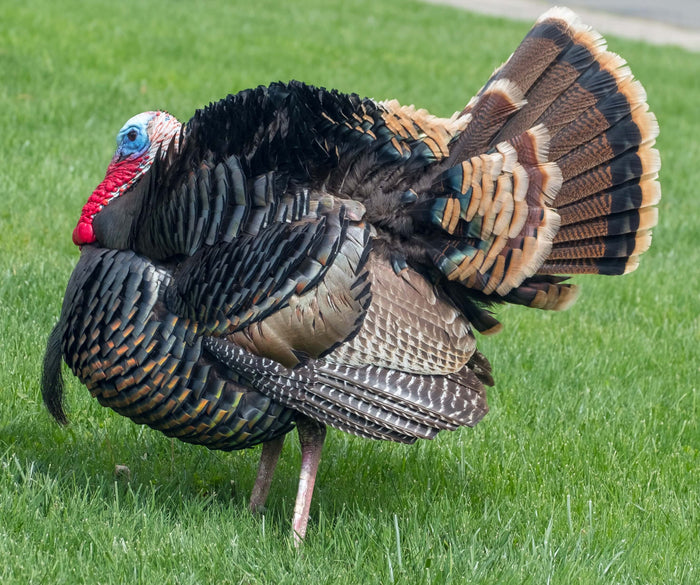Why Chicken Eggs Come In Different Colors

If you had scrolled through Instagram feeds of some backyard chicken enthusiasts, you are likely to have come across photos of chicken eggs in many different colors, from white to shades of brown, pink, green, blue. Why do eggs come in different colors and what decides the color of an egg? Do different color eggs also have different nutritional properties? This question is also one of the many questions that occupy the minds of us chicken keepers or those who are about to join the chicken keeping community. Let us try to demystify some of the questions and understand what it would take if you wanted to get that perfect shot of a beautiful and colorful egg basket.
The Science Behind Different Egg Colors
All eggs start out as white in color. As the egg passes through the oviduct different pigments are released, giving the eggshell its color. The two main pigments providing a myriad of different shades of brown and blue are oocyanin (blue shades) and protoporphyrin (brown shades).
Now, blue pigment, if it is present, is deposited earlier in the egg's journey through the oviduct. This means that although all eggs start out as white in color, some may actually get blue pigment deposited before and in addition to other pigments later in the eggs journey. This also explains how we end up with green or more precisely olive colored eggs. It's the blue pigment earlier in the journey, on top which which brown pigment is deposited that gives us the appearance of olive color.
In certain cases, these pigments may permeate the eggshell and some color may be visible on the egg as well. This is more likely to occur with blueish eggs.
What does the egg color depend on?
Anecdotally, many people relied on bird's earlobes to predict the color of the eggs. Hens with white earlobes would usually carry white eggs, while those with red carry brown eggs. And while this may be true in some cases, the only 100% sure way of deducing the color of eggs is by looking at the breed. Egg color is specific to the breed laying them. So if you're after brown eggs, go for Orpingtons, Plymouth Rocks or Rhode Island Reds; if you're after white eggs, go for Leghorns or Anconas; similarly, for blue eggs, go for Ameraucanas and Araucanas.
While the color is undoubtedly decided by the breed, the exact shade of the color is as much a matter of nature as it is of nurture. Bird's age, stress, feed, environment are all factors that may in one way or another contribute to the color gradient.
Nutritional Differences
Many people swear they can taste the difference between different colored eggs. However, nutritionally, they are all the same, as long as the feed they were raised on is the same. Since it is usually the egg yolk that gives eggs its distinguishing flavor, and the quality of egg yolk greatly depends on feed, there is bound to be a difference between commercial and eggs from the backyard. But the difference has nothing to do with the color of the eggshell, rather it is the lower quality of feed which according to some often makes commercial eggs less tasty or rich in flavor.
Conclusion
Enjoy your eggs, whatever color they may end up being. As long as you take care of your birds, you will be getting great, nutritious eggs from them. But if you do want some variety in egg colors, for fun, or for Instagram, or any other reason, feel free to mix up the breeds in your flock and introduce new ones. You won't be able to get a rainbow of colors, but there are still plenty of colors your birds can surprise you with.


